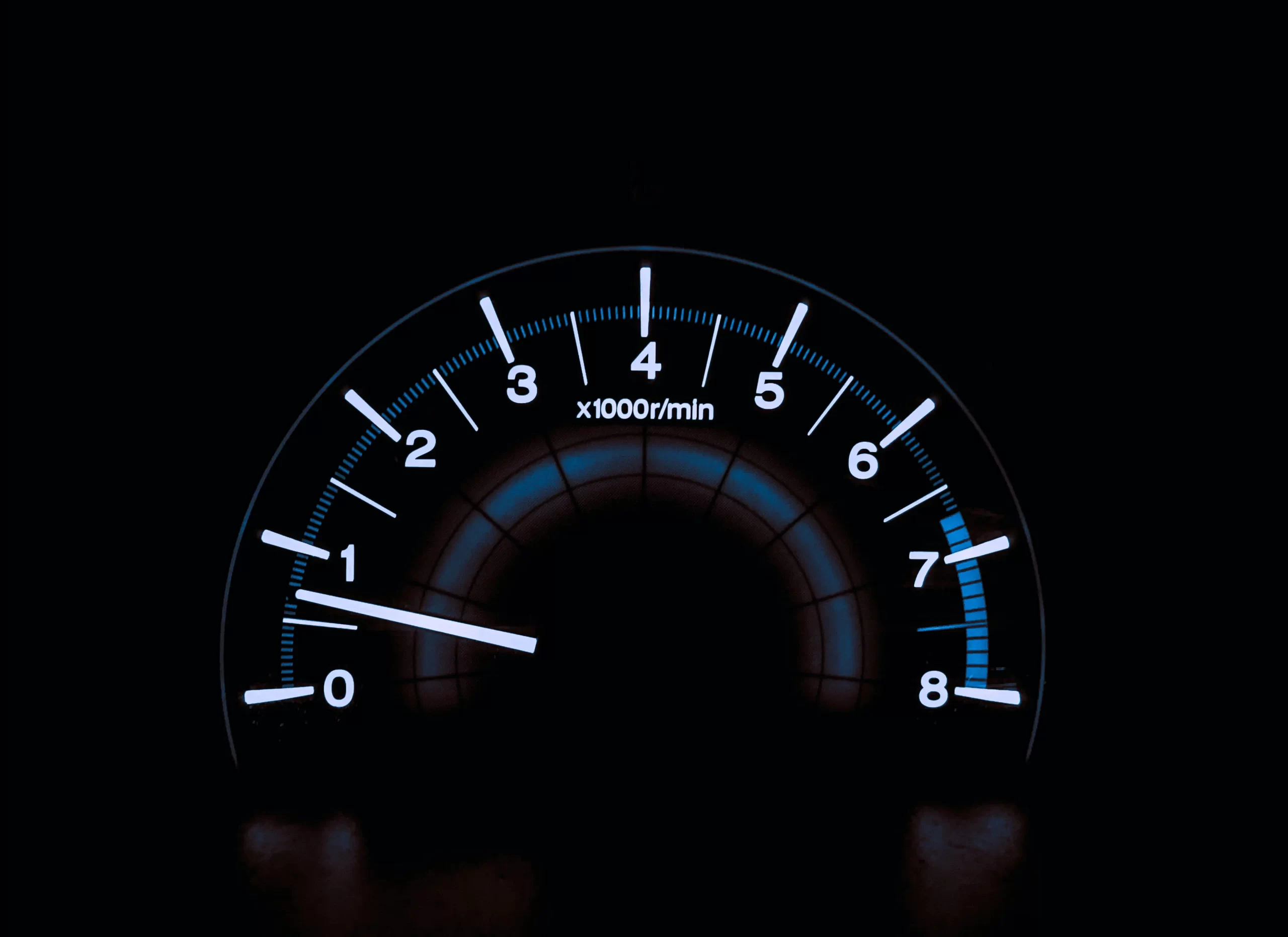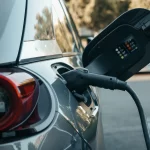Opting for a used car lease is not as conventional as leasing a new vehicle, but it presents an opportunity for potential cost savings. This alternative allows you to drive an older model of your dream car at a reduced price. However, you may also risk procuring a vehicle in need of repairs, so be sure to tread with caution.
Car Leasing: 5 Essential Facts You Should Know
Related Topics (Sponsored Ads):

Understanding Used Car Leasing and How It Operates
Used car leasing is a relatively unexplored option, not widely promoted and perhaps unavailable at certain dealerships. In some cases, even dealership staff may lack knowledge about these lease agreements. Typically, car leasing presents a cost-effective route to enjoy a new vehicle, with used cars making up just around 4% of the leasing market.
Much like their new counterparts, used car leases function based on the same structure. However, residual values can fluctuate, as vehicles depreciate differently. The lender calculates the car’s residual value and payments against the disparity between the residual value and sales price. The money factor, or interest rate, might be slightly higher for used cars, but the overall payment generally remains lower due to decreased sales prices and depreciation rates. The lease end presents an opportunity to purchase the vehicle, similar to new car leases.
Assess If a Used Car Lease Fits Your Needs
Used car leases are not a one-size-fits-all solution. If you’re drawn to the allure of a brand-new vehicle packed with cutting-edge technology or simply the fresh car scent, a new car lease might be a more suitable choice. Consider potential maintenance expenses and extended warranties as well. If the prospect of dealing with these seems overwhelming, used car leasing may not be for you. Don’t rule out the possibility of purchasing a used car outright, which could prove more beneficial than leasing.
Warranty Considerations
The manufacturer’s warranty might expire before your lease concludes. In such cases, you would bear the repair costs to avoid end-of-lease wear-and-tear charges. Alternatively, you can lease a certified pre-owned car with a dealership warranty, potentially saving significant costs. If this isn’t possible, an extended warranty or service contract could help cover unexpected costs. Conduct thorough research to avoid any unwelcome surprises.
Potential for Lower Monthly Payments
Leasing a used car could result in lower monthly payments, thanks to slower depreciation rates compared to new cars. Depreciation represents the decline in your vehicle’s value over time, often around 20% or more after the first year. Your monthly payment will be determined by the chosen vehicle and lease terms. Establishing a monthly payment budget can expedite the selection process.
Take Time to Explore Options
As used car leasing isn’t as common as new car leasing, finding a suitable deal might require some legwork. Once you’ve identified the type of vehicle you want, begin reaching out to different dealerships. Most used car leases are for certified pre-owned vehicles, typically with less than 48,000 miles on the clock. Services that facilitate lease takeovers can also yield attractive deals. It’s wise to avoid ‘lease here, pay here’ dealerships; despite catering to those with credit issues, they could prove costly in the long run.
Remember, You’re Leasing, Not Buying
Leasing is fundamentally different from buying, as you don’t own the car. At lease-end, you have the option to purchase the car (if applicable), lease another vehicle, or buy a new or used car outright. Pay careful attention to the car’s condition, as you’ll be held accountable for any wear and tear at the end of the lease. Since you’re leasing an older vehicle, it’s crucial to maintain it well. Check in-car electronics and look for unusual noises or leaks.
Conclusion
Used car leasing could be a financially sound choice, particularly if you’re working with a tight budget. Take the time to understand what you want in a car and ensure it aligns with your budget. Every option has its advantages and drawbacks; weigh the maintenance costs and other associated risks before deciding to lease a used vehicle. Sometimes, leasing a used car can lead to significant savings and still grant you the car you’ve always wanted. However, in other scenarios, leasing a new car or outright buying may be the most beneficial option. Stay informed, and best of luck with your decision-making process!






